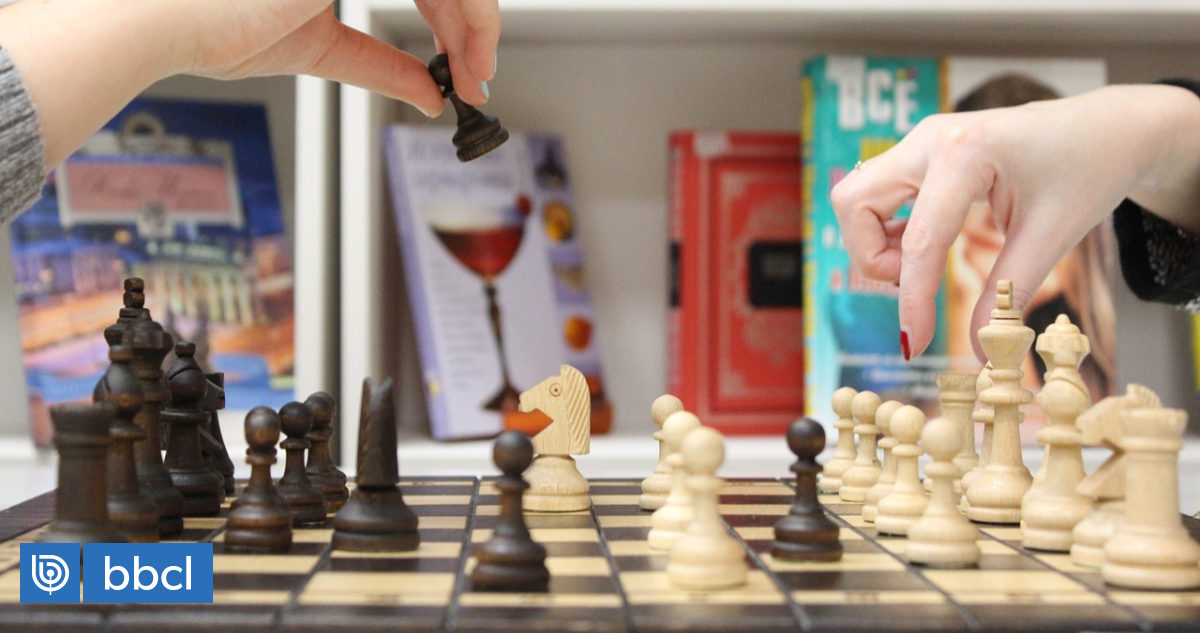
Chess is a sport that, while not requiring great physical effort, can bring many benefits to our mental and emotional well-being. In times of pandemic, when it is safer to stay home, it can become an ideal pastime to share as a family and to keep us busy and fun.
This is also the view of the United Nations (UN), for example, which dedicates July 20 each year as Chess Day and has promoted it as a healthy option in this health crisis.
“Throughout history, games and sports have helped humanity survive in times of crisis by reducing anxiety and improving mental health. While the coronavirus outbreak has forced most sports activities and game to shrink, chess has shown remarkable resilience, adaptability and very strong summoning power in times of pandemic, ”the UN said.
“Over the last few months the general interest in chess has doubled, with more players than ever before participating in chess events through online platforms,” he adds.
The international organization also considers chess as a method to combat discrimination and generate greater social inclusion, so it also brings collective benefits to communities.
“Sports, the arts and physical activity have the power to change perceptions, prejudices and behaviors, as well as to inspire people, break down racial and political barriers, fight discrimination and dispel conflicts ( …) chess is one of the oldest games, has an intellectual and cultural character, and combines elements of sport, scientific reasoning and art.Anyone, anywhere, can play as it transcends barriers to language, age, gender, physical ability or social status, “the United Nations said.
Benefits of chess
If you are thinking of learning chess, we tell you that several mental health benefits are attributed to frequent practice, some proven by scientific studies.
One of the main ones is that it could help improve our memory, and is that to play you need to remember different strategies and imagine the results that can be obtained, according to the health portal HealthLine.
For example, research conducted in the United States and published in 2018 determined that professional chess players have a better ability to remember and recognize visual patterns.
This also helps chess players be more adept at planning for the future, suggests a 2006 study, in which those who practiced the sport showed far superior skill in planning and decision-making than the rest. .
It has also been associated with a greater ability to concentrate deeply, as players are sometimes fully immersed in the game, according to another 2018 survey.
Other advantages of chess that have been suggested by various scientific researches are that it could help decrease the risk of dementia in the elderly, reduce the attention deficit in children, and enhance people’s creativity, when dealing with ‘a game that encourages thinking outside the mold.